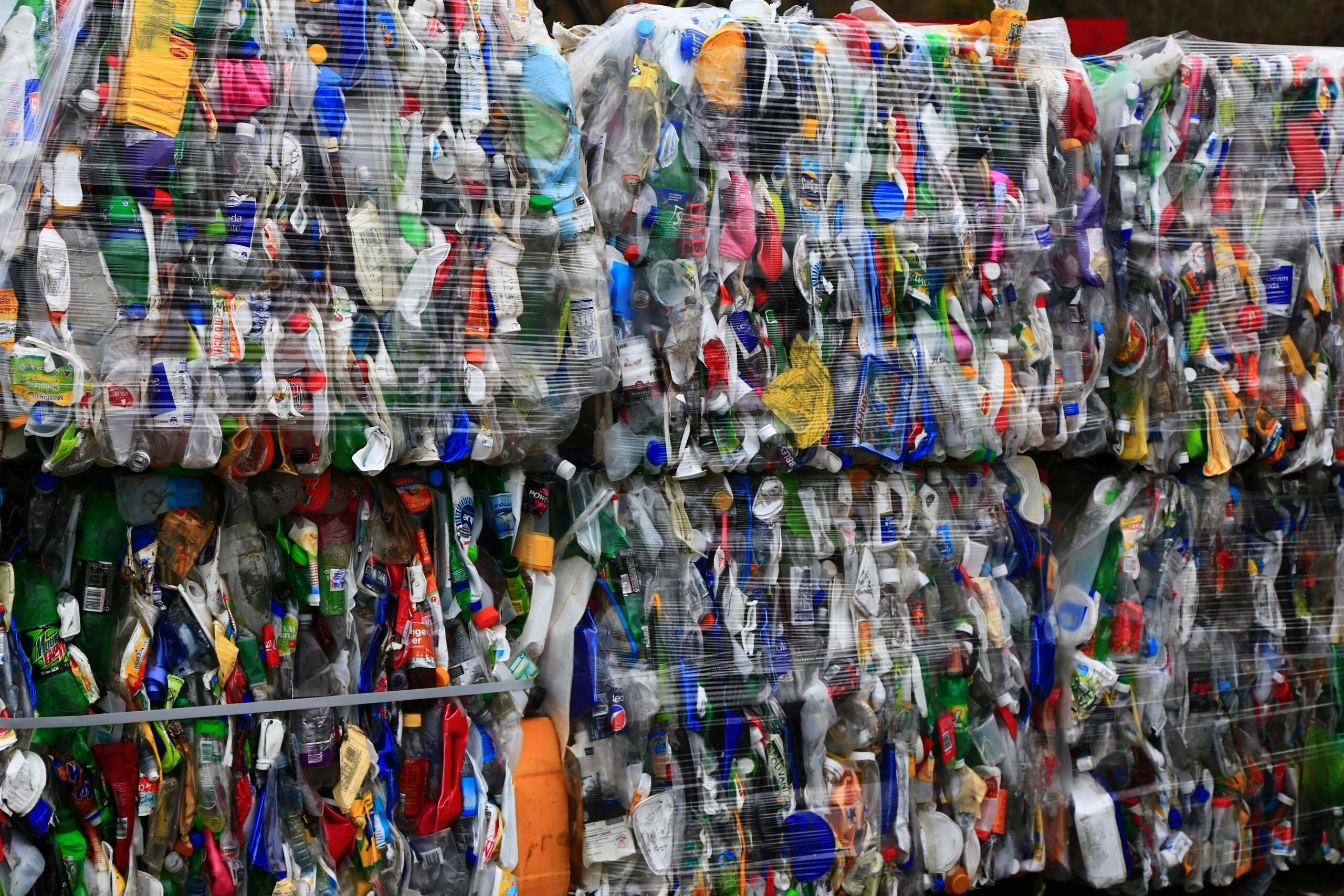
After high-stakes negotiations in Geneva, efforts to establish the world’s first legally binding treaty to combat plastic pollution have ended without an agreement. This marks the sixth round of talks under the auspices of the Intergovernmental Negotiating Committee (INC), which has met several times over the last three years in attempts to forge a global response to the escalating crisis of plastic pollution.
Key Facts
- The latest round of negotiations took place in Geneva, involving more than 1,000 delegates from at least 180 countries.
- Despite prolonged discussions, the delegates were unable to overcome deep divisions on the scope and nature of the proposed treaty.
- The talks were part of an initiative started by the United Nations Environment Assembly in 2022 to address global plastic pollution.
Background
Recognizing the urgent need to tackle the pervasive issue of plastic pollution, the United Nations Environment Assembly established the INC with the goal of drafting a landmark treaty. Over the span of three years, delegates from around the world have convened repeatedly, striving to align various national interests and establish common ground. The primary points of contention have centered around whether to impose strict limits on new plastic production or to focus more on enhancing waste management practices.
Timeline/What We Know
The negotiations have seen the formation of two main camps with differing visions for the treaty. The High Ambition Coalition, which includes the European Union, the United Kingdom, Canada, and numerous Latin American and African nations, advocates for stringent controls on plastic production and the elimination of harmful chemicals. Conversely, the Like-Minded Group, comprising primarily oil-producing nations such as Saudi Arabia, Kuwait, Russia, Iran, and Malaysia, argues for a treaty that prioritizes waste management over production limitations.
Despite efforts to bridge these differences, including the drafting of two treaty texts by Luis Vayas Valdivieso, the chair of the negotiating committee, consensus remained elusive. The talks extended into the early hours of Friday before finally concluding without an agreement.
Official Reactions
Delegates expressed a mixture of disappointment and resolve following the collapse of talks. The South African delegate lamented the missed opportunity for a binding treaty, while the delegate from Cuba emphasized the urgent need to continue efforts, citing the treaty’s importance for future generations. Agnes Pannier-Runacher, France’s Ecological Transition Minister, voiced frustration, attributing the impasse to the short-term financial interests of a few nations. Additionally, a representative from Palau highlighted the disproportionate impact of plastic pollution on small island developing states, which contribute minimally to the problem yet suffer its consequences acutely.
What’s Next
The path forward remains uncertain. While some delegates have suggested the possibility of a seventh round of talks, the immediate next steps are unclear. The European Union views the latest draft as a solid foundation for future discussions, suggesting that negotiations may eventually resume. Meanwhile, delegates like those from South Africa insist that the efforts to establish a binding global treaty cannot end here, underscoring the ongoing commitment to addressing this critical issue.


